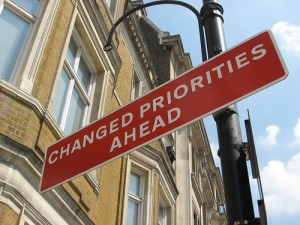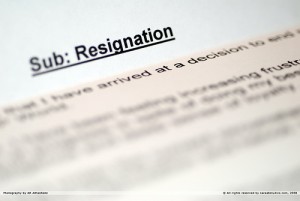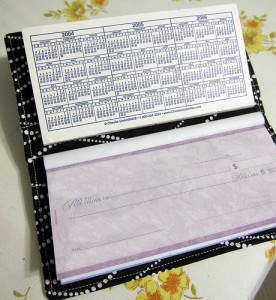 As I try to stay sane for the next couple months despite my mile-long to-do list, I’m looking for quick and easy ways to reduce stress.
As I try to stay sane for the next couple months despite my mile-long to-do list, I’m looking for quick and easy ways to reduce stress.
Here are a few things I’ve tried in the past few weeks that have helped immensely.
Plan ahead.
At the beginning of each day (or each week), take a few minutes to make a rough outline of what needs to be completed and when. It may feel like you don’t have time to stop and regroup before you tackle the day, but making a game plan will help you prioritize tasks, manage your time more efficiently, and keep you on task.
Delegate and ask for help.
It may seem like you’re on your own, but chances are your support network is more willing to help than you think. Enlist your spouse, children, or co-workers to handle appropriate tasks on your to-do list. Once you’ve mapped out your game plan for the day or week, figure out which tasks would make the most sense to outsource.
Deal with it now.
I have a tendency to let a million little things pile up in my life. I leave a ton of emails in my inbox. I let the junk mail pile up on the kitchen table. I wait until the last possible minute to do everything.
If you want to cut your stress instantly, try taking care of those little bothersome things right away. Archive or delete every email as soon as you’ve read it. Throw junk mail into the recycling bin as soon as you’ve read it. Wash your dishes as soon as you finish eating. By taking a little time to take care of this stuff as it happens, you’ll reduce the total number of items looming over you on your to-do list.
Make your health a priority.
You may be tempted to give up relaxation, exercise, or sleep in favor of work or chores. When you sacrifice your health, you’re not at the top of your game, which will lead to less productivity. Take the time to take care of yourself, and you’ll get more done in less time, leaving you with more hours in the day when your work is done.






